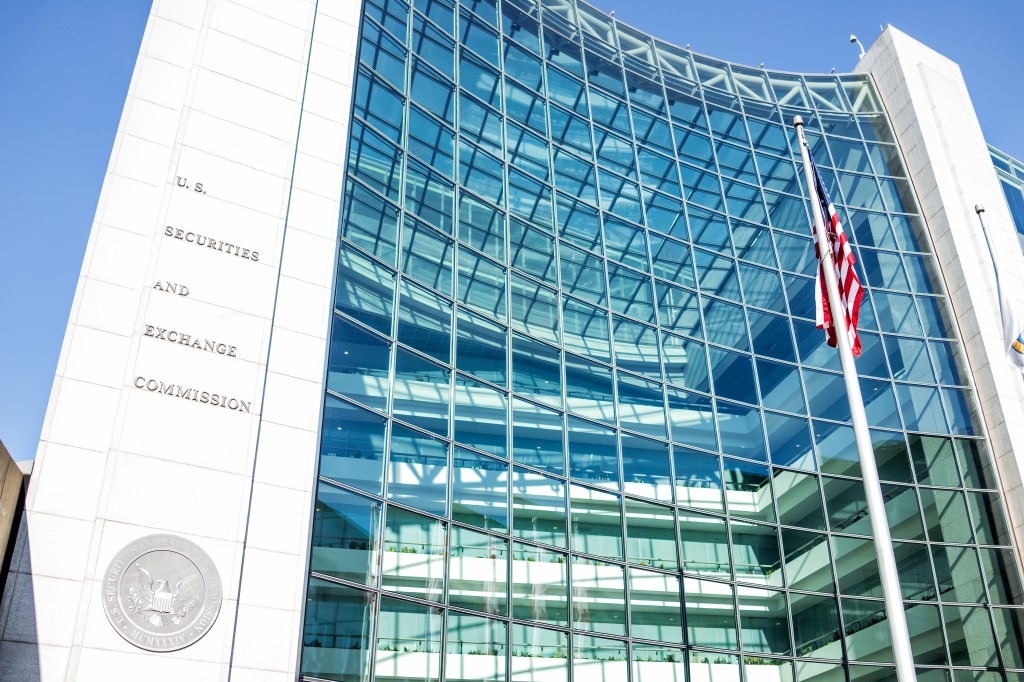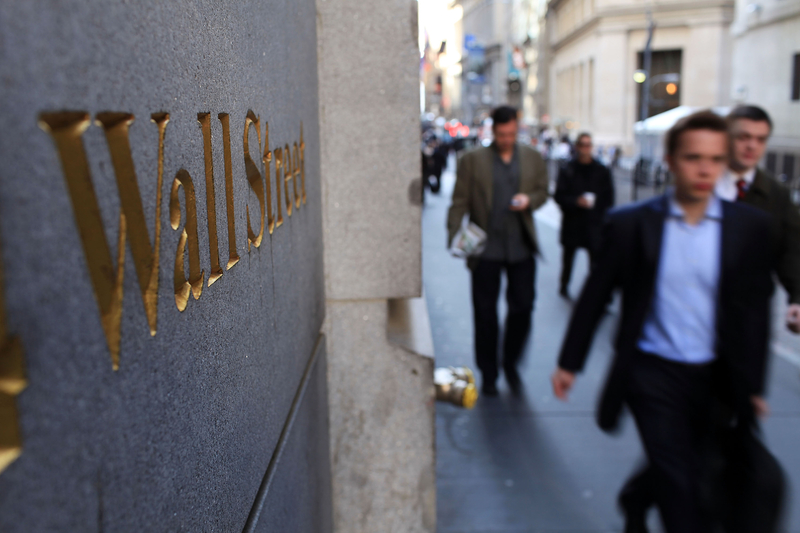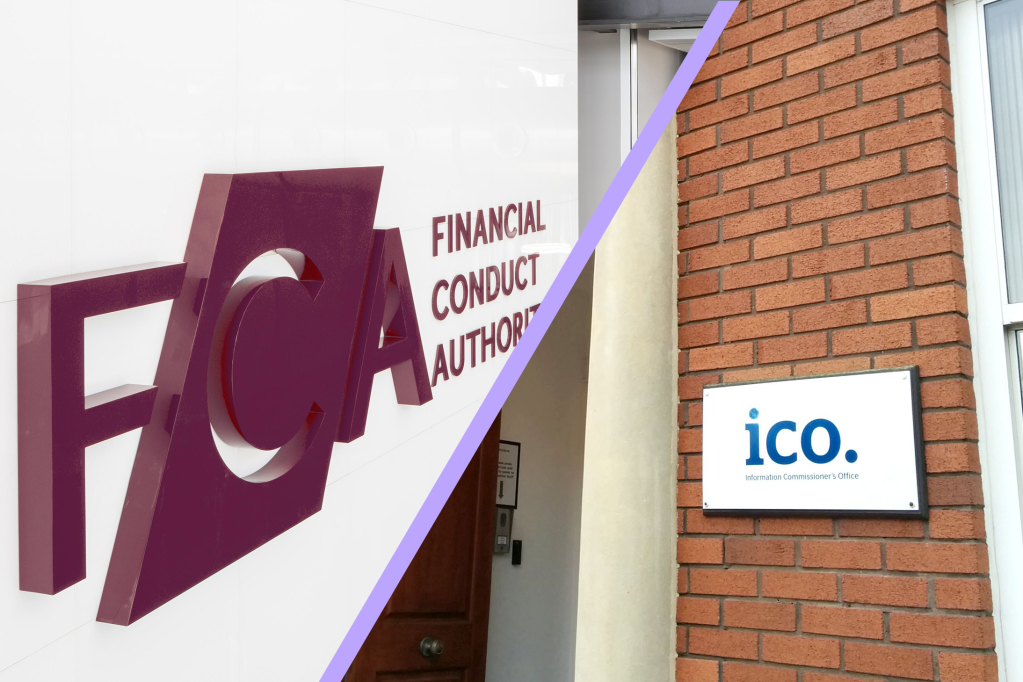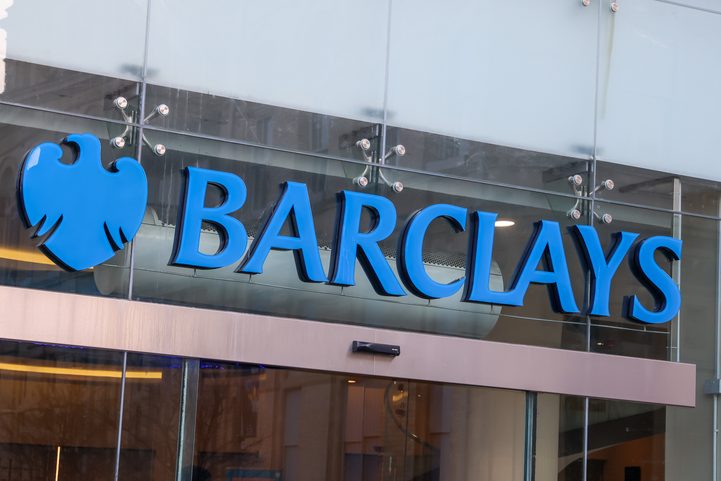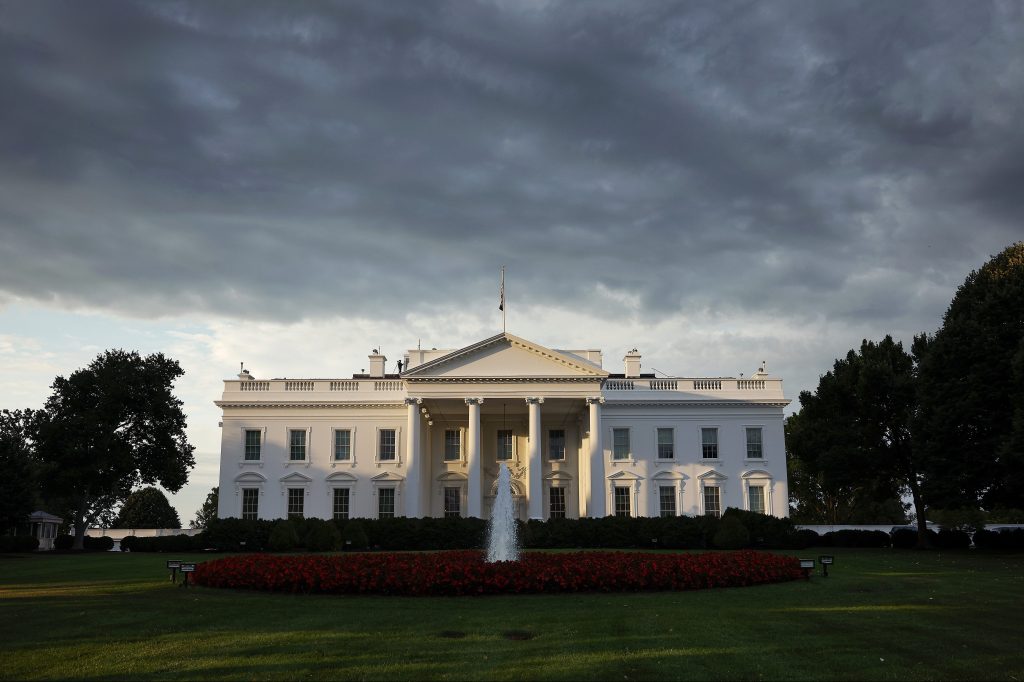Initial reports that a BlackRock ETF had been approved were later discredited.
Cointelegraph admitted this week it had posted a report that the SEC had approved BlackRock’s iShares spot Bitcoin ETFs without properly verifying the rumors, which reportedly spread through a Telegram channel. The news was run by other outlets and the price of bitcoin spiked momentarily, before falling back.
There has been ongoing SEC objection to a spot Bitcoin ETF. In an August case, the US Court of Appeals sided with Grayscale, and observers thought would augur well for crypto regulation going forward. Many observers believe the launch of a crypto ETF is simply a matter of time.
“The industry and bitcoin market are gearing up for good news from the SEC, with many signs that approval for spot Bitcoin ETFs is on the horizon and in many people’s short-term planning,” says Michael Silberberg, Head of Investor Relations at AltTab Capital. “The true impact [of these approvals] will be on the future digital assets, regardless of the price changes this moment will bring.”
Hamas funding concerns
Israel has asked Binance to freeze over 100 accounts in an effort to halt crypto funding to Hamas.
The WSJ reported last week that digital wallets controlled by Palestinian Islamic Jihad, a group involved in Hamas’ attacks in Israel earlier this month, received part of a $93m payment through Garantex, a sanctioned Russian crypto exchange. Unnamed Treasury Department sources told the WSJ that the US was considering additional actions against Garantex to stop the flow of illegal or sanctioned money.
Various media outlets have reported on crypto funding of Hamas and concerns have repeatedly been raised about crypto’s use in terrorist financing globally. Blockchain intelligence firm TRM says it has identified several fundraising efforts by Hamas since the October 7 attacks.
Last week, Israel said it had frozen crypto accounts used to solicit donations to Hamas via social media. “According to suspicions, with the outbreak of the war, Hamas’s terrorist organisation initiated a fundraising campaign on social networks, urging the public to deposit cryptocurrencies into their accounts,” an Israeli police statement said.
The Al-Qassam Brigades, Hamas’ military arm, has reportedly been using crypto as an alternative fundraising method since 2019, TRM says. The Department of Justice dismantled three terrorist financing campaigns in 2020, the largest ever seizure of a terrorist organization’s crypto accounts.
The public nature of crowdfunding means that cryptocurrency exchanges around can make a major contribution to Hamas’s funding apparatus. But if they see wallet addresses linked to Hamas, exchanges can monitor those wallets, flag them and close the accounts of their customers if they try to transact with them.
“Blockchain analysis firms should be consulted to learn more about crypto transactions, but they may still lack insight into how much the group actually used or kept,” the Crypto Council for Innovation says.
“Crypto terrorist financing is best constrained by ensuring a well-regulated crypto sector where AML/CFT and sanctions rules are clear and enforced. The Financial Action Task Force has already set forth global guidance for these rules. The main current gap lies in overseas jurisdictions that do not enforce AML/CFT and sanctions regulation for their crypto industry. The US and other nations with well-regulated crypto sectors should work with industry to raise compliance practices for all exchanges and root out bad actors that allow terrorist networks to operate on their platforms.”
Australia rules
The Australian Securities and Investments Committee (ASIC) says crypto exchanges will need to obtain licenses to operate. A paper for the regulation of digital assets proposes to introduce a system with policy goals and regulatory outcomes that is consistent with the EU’s MiCA framework. Exposure draft legislation is expected to be released in 2024.
“The regulatory uncertainty around the treatment of token sales is harming Australian consumers, impacting the competitiveness of Australian businesses, and slowing conventional investments into the Australian economy,” the paper says.
Binance stops new UK customer signups
Binance has stopped allowing new customer signups in the wake of the FCA’s new regime on cryptoasset promotion. The FCA issued 146 alerts on the first day of the regime last week and several more alerts have since been issued.
Binance stated that it was using an FCA-authorized firm, REBS, to review and approve the FCA rules, but that as a result of the new regime, REBS had to withdraw any existing approvals of financial promotions on behalf of any cryptoasset businesses.
“We are working closely with the FCA to ensure that our users are not harmed by these developments and are looking to find another suitable FCA-authorised firm to approve our financial promotions as soon as possible,” Binance said in a statement.



